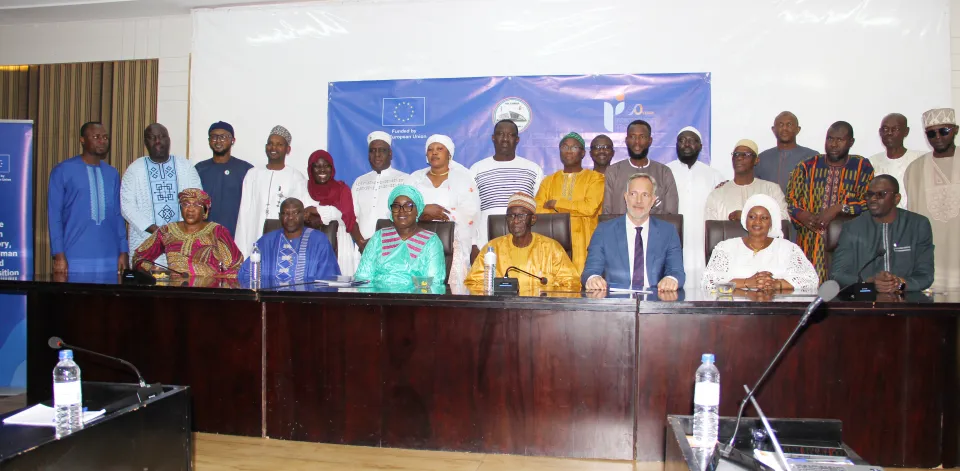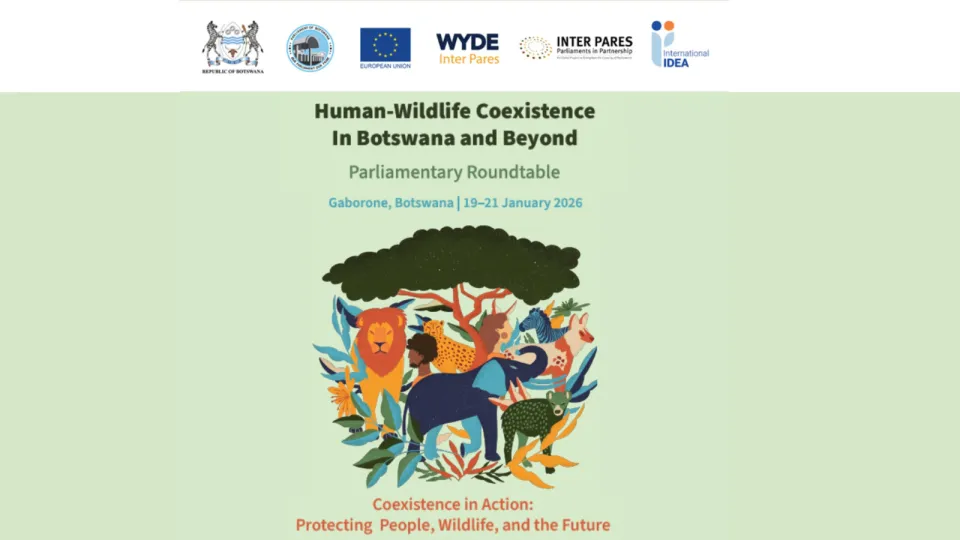The University of Chicago’s Professor Tom Ginsburg – an expert in comparative constitutions – recently visited Nepal and spoke about what makes a constitution successful.
At an event commemorating the 200thanniversary of the Norwegian constitution hosted by the Embassy of Norway, Ginsburg told an audience of lawmakers and civil society that the success of the Norwegian model can be attributed to the inclusive, flexible and specific nature of its provisions. In contrast, Nepal’s six constitutions have had an average life span of only 12 years. Studies show that countries with enduring constitutions are more democratic and prosperous – goals that Nepal hopes to achieve.
Former Member of Nepal’s Constituent Assembly (CA), Pushpa Bhusal, told the audience that the process and decisions of the first CA (2008-12) embodied the principle of inclusion. He expressed the hope that Nepal’s seventh constitution - which will be the responsibility of the current CA (2013-17) - might be more enduring if it also adopted this fundamental principle. Professor Purnaman Shakya agreed, adding that the text of the new constitution would also need to meet the different expectations of the various interest groups. Finally, to ensure flexibility he also urged lawmakers to put more thought into how the constitution could be amended in future.



